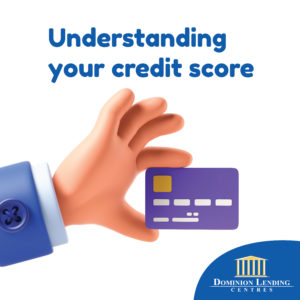Going From a Variable Rate to a Fixed Rate Mortgage.
With the anticipation of rates going down, some homeowners may be considering switching from a variable-rate mortgage to a fixed-rate mortgage to lock in their next term.
Switching from a variable-rate mortgage to a fixed-rate mortgage can offer stability in your monthly payments, protecting you from potential interest rate hikes, along with some other benefits:
- Stability in Payments: As mentioned, with a fixed-rate mortgage, your monthly payments remain consistent throughout the life of the loan, providing predictability and making budgeting easier. This stability protects you from potential fluctuations in interest rates that could otherwise increase your payments with a variable-rate mortgage.
- Protection Against Interest Rate Increases: One of the main reasons to switch to a fixed-rate mortgage is to ensure you are protected from rising interest rates in the market. If interest rates rise, your mortgage rate and monthly payments remain unaffected, providing financial security and peace of mind.
- Long-Term Planning: Fixed-rate mortgages are ideal for long-term planning and financial stability. You can accurately forecast your housing expenses over the entire loan term, making it easier to manage your overall budget and financial goals.
- Risk Management: By locking in a fixed interest rate, you mitigate the risk of future interest rate hikes, which could significantly increase your borrowing costs with a variable-rate mortgage. This risk management strategy can provide financial protection and reduce uncertainty.
- Potential Savings: In certain economic environments, fixed-rate mortgages may offer lower interest rates compared to variable-rate mortgages. By refinancing to a fixed-rate loan when rates are favorable, you could potentially secure a lower overall interest rate and save money over the life of the loan.
- Easier Financial Planning: Fixed-rate mortgages simplify financial planning by eliminating the need to anticipate and adapt to changes in interest rates. You can confidently plan for other financial goals and expenditures without the uncertainty of fluctuating mortgage payments.
Overall, transitioning from a variable rate to a fixed rate mortgage offers stability, protection, and peace of mind, making it a favorable option for many homeowners, particularly those seeking long-term financial security.
Ethan Jobb Mortgage Agent Legacy Lending Team DLC
Published by DLC Marketing Team




